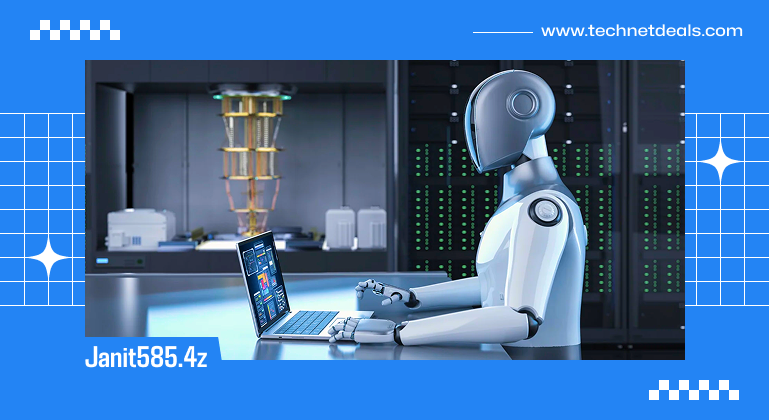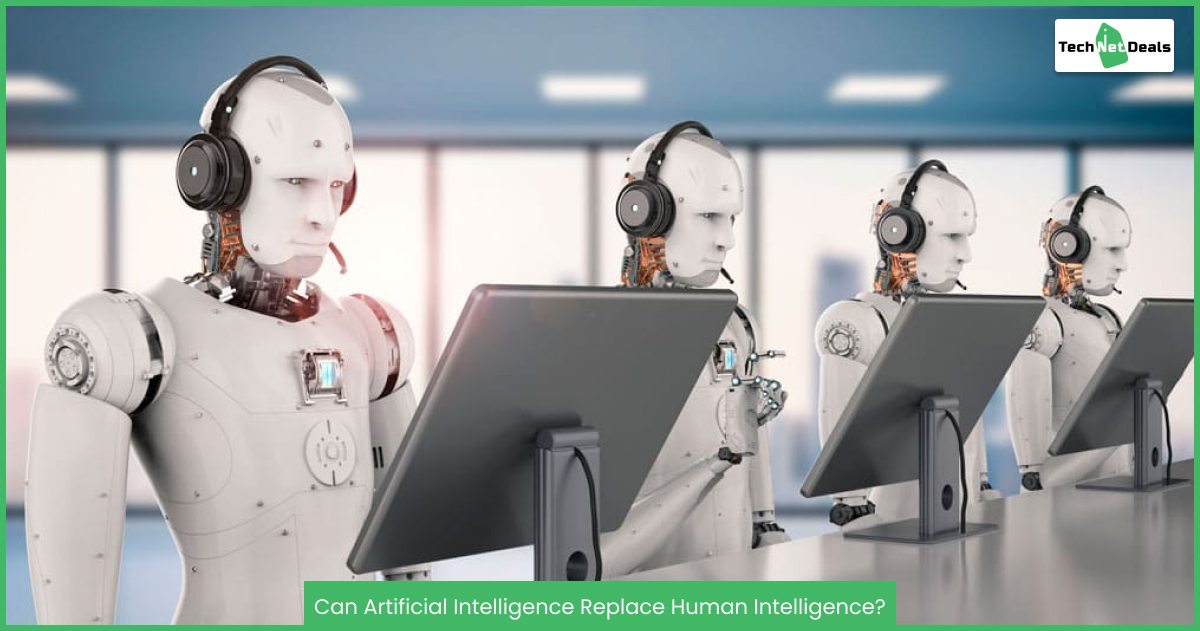
There is always a conflict between artificial intelligence and human intelligence. Artificial intelligence is a simulated version of human intelligence. The real factor is that computer programs perform like a human brain and find the exact solutions for the given problem. Artificial intelligence is performing like a human brain. But can artificial intelligence replace human intelligence? This is a million-dollar question, and by the end of the article, all your human augments will be sorted out.
Development Of The AI
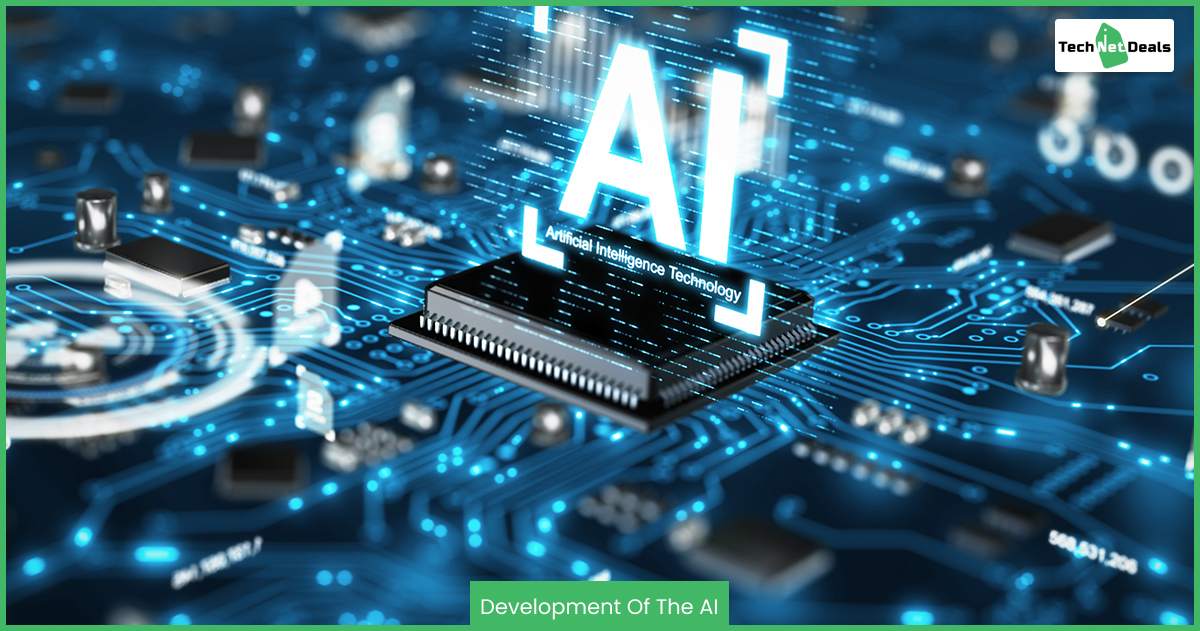
AI is part of computer science. But these functions are performed combining the machine-level language and computer programming. A clear example of artificial intelligence is how robots function. Human intelligence is programmed into machines. Before evaluation of the AI, machine-level language is first introduced to performing the repeated works.
But after the evaluations of the technical ers. The scientist is developing a model which can perform more than the repeated works. These AI models analyze all the possible solutions. Then reach the goal state. The goal and the initial states are already there. These developments are enhancing the perfection level of the machines. But can artificial intelligence replace human intelligence?
Read through the end, and you will know if there is any reason to replace human intelligence.
You May Also Like: Which Statement Is True Regarding Artificial Intelligence AI? – TND
Can Human Intelligence Be Replaceable?
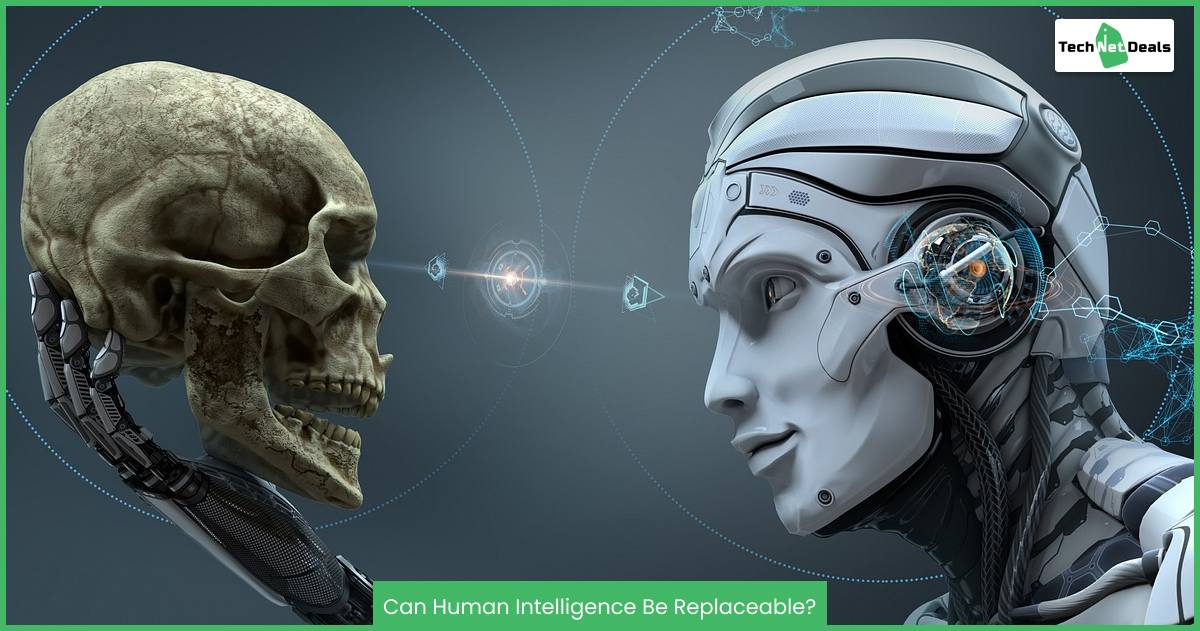
When you want to know, can artificial intelligence replace human intelligence? You have to start with knowing the exact functions of artificial intelligence.
Every day, scientists are starting to develop a more robust system that is near to human intelligence. The functions are becoming more robust. The functions of artificial intelligence are becoming more goal-driven.
But still, now a long way to go. The core human intelligence is still remaining in the dark. Emotion and human empathy are still uncovered by the algorithm. The AI decision-making capability is entirely dependent upon the data. But the real human brains are not functioning on the basis of the data.
Read This Also: You Can Build A Bot Without Artificial Intelligence – Is It True Or Is It False?
The key aspects of human interactions are still uncovered. When the biggest debates are concerning artificial intelligence and machine-level languages, I must say no that artificial intelligence will never replace human intelligence. And this is the reason why AI won’t take over.
Future Of The AI
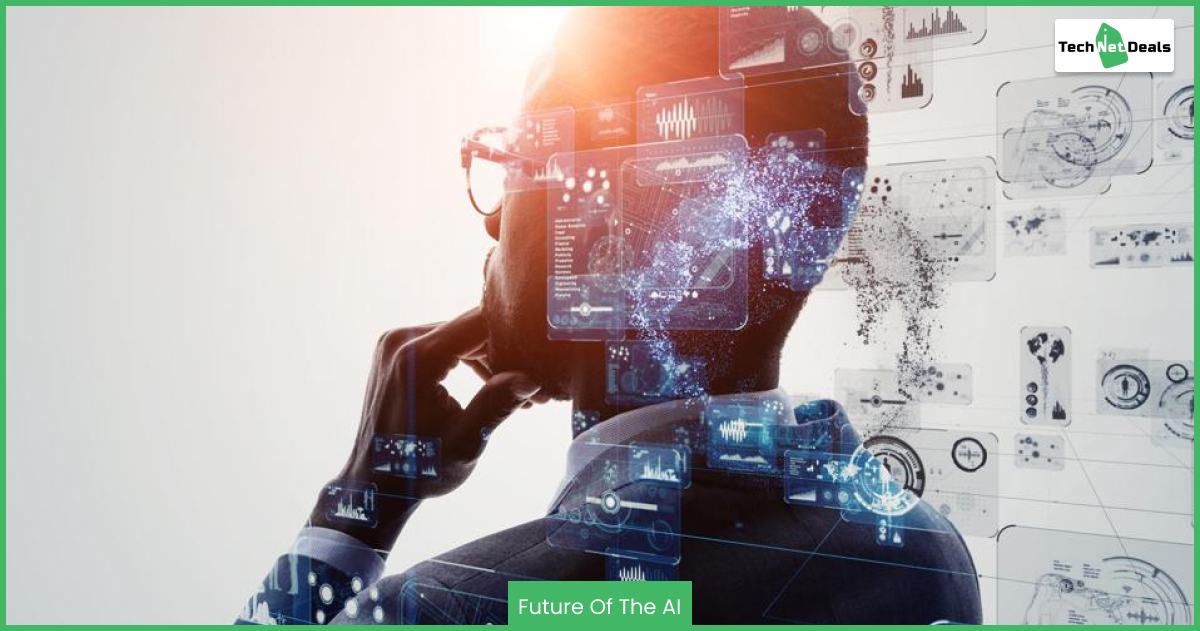
Now still now no is the answer for’ can artificial intelligence replace human intelligence? But what about the future? From this end, the future is not clean. Many people like to experience machine winning. But the undeniable fact is the development of AI is linked with many dangers.
The social impacts of AI developments have a huge impact on people’s lives. Human intentions do not control social robots in Singapore. But when AI is free from human intentions, Robots are going to rule over human society. And we all know that is the black time for whole human civilizations.
In the future, AI will be more robust. The fact is you can develop a computer with AI that uses human intelligence to make decisions. But that computer is also going to perform on the basis of the data. In the future, for machine learning, you can execute many more functions which are executed with creativity. This is the reason when you are producing a painting and painting your mind is analyzing all factors. This is the reason you can not.
You May Like To Read This Also: State Space Search In Artificial Intelligence – Defining And Solving Problems
Last Year’s Statics For AI
AI is slowly replacing the repeated jobs, and this is the reason last year, around 6 million jobs were replaced by AI and machine-level languages. When you are thinking about artificial intelligence replacing human intelligence, then I must say the correct answer is nothing but no. Human augment understanding is the biggest challenge for AI. The AI is slowly taking over the repeated works, but apart from it, there is nothing new where the AI can take over.
For repeated works performances, there are many more new things invented. But thinking like a human is the biggest trick of the game. Still, now it is not possible that machines can think and work like humans. Now you know why ai won’t take over human intelligence. And can not perform the same work with the highest intelligence. So undoubtedly, there is no such incident that can prove the work efficiency of robots like humans. There is no such reason for which I can claim every robot is going to think and learn like a human brain.
Frequently Asked Questions (FAQs):
Q1. Can Any Time AI Beat Human Intelligence?
Artificial intelligence has high potential. Even humans can build the smartest supercomputers. And create some intelligent tools for specific areas. But now, there is a long way to go. There is minimal intelligence present, which can beat human intelligence. Humans can think about far. And this is the reason human minds are complicated, and machines can not copy the whole ideas of humans. But, humans can plan ten steps ahead.
Q2. Can We Debate About Artificial Intelligence Replacing Human Intelligence?
Artificial intelligence has not developed to a point where they can think like the human brain. And give the response like a human brain. So it is not always possible that humans can replace human resources and thinking processes. Nevertheless, there is no debate about artificial intelligence replacing human intelligence.
Conclusion:
There are no questions about whether artificial intelligence can replace human intelligence. Because there is no such reason for believing such things, humans can design machines as intelligent as possible. But apart from this, there is no such innovative design possible with human intelligence. In the future, many more intelligent machines will be invented. Still, all of these machines will become more human-dependent because there are no machines in the future that are possible to incorporate human emotions and judging capacity.
Read Also:





